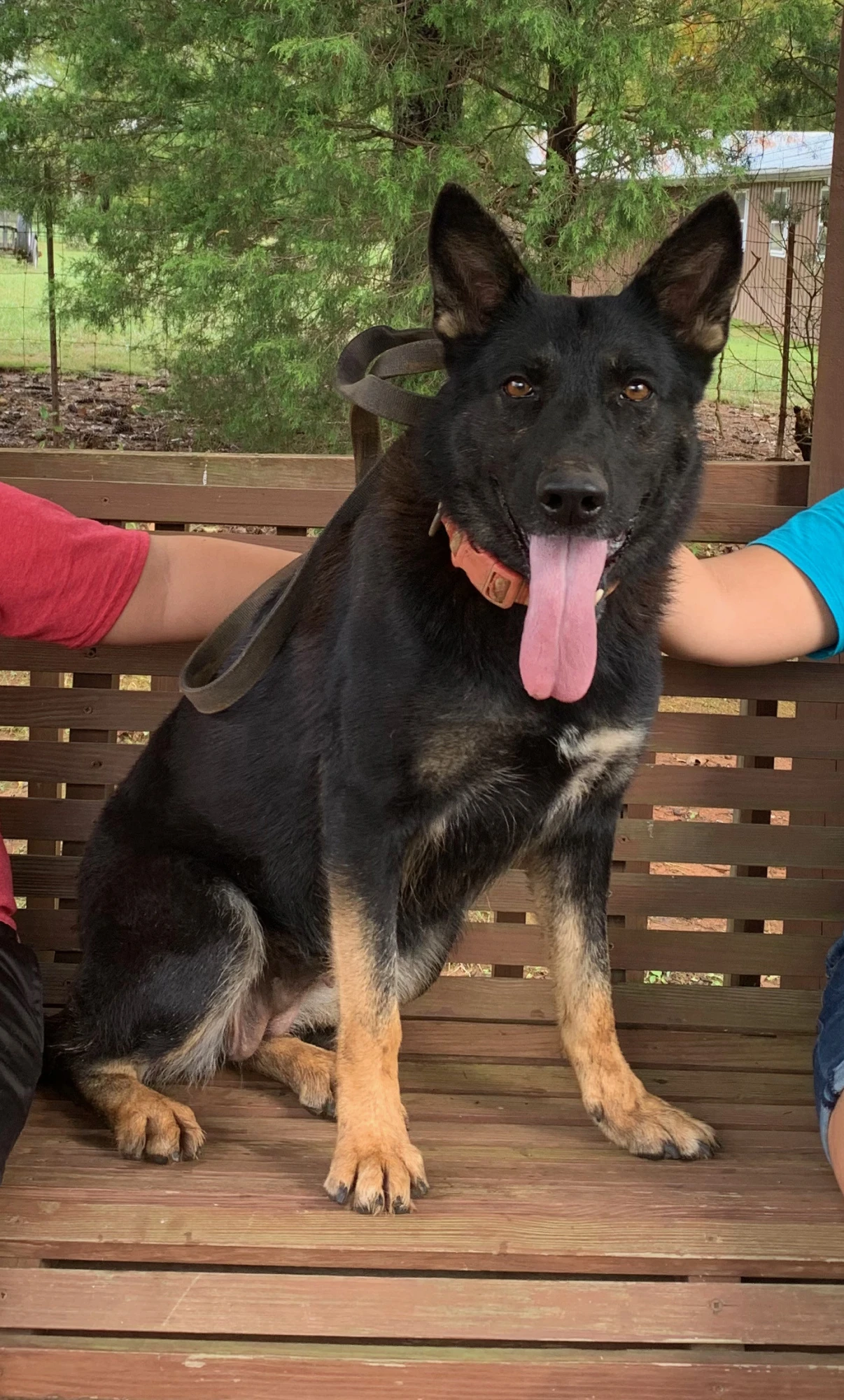
Branch: Air Force
Location(s): Iraq, Kurdistan, Qatar, Kuwait, Saudi Arabia
Time Served: 16 years
“Just like there are threats around every corner, there are solutions behind every corner. You just need to find them.”
Eric primarily served on emergency service teams/SWAT while in the Air Force, specifically handling hostage rescues, counterterrorism, and criminal investigations.
Spending 16 years during the most formative years of life being told exactly what to do and how to live, being trained to think and act in a specific way while surviving in hostile and dangerous environments, and being expected to perform almost mechanically—it’s no wonder that so many of our service members leave the military feeling lost.
Upon leaving the service, everything they’ve been trained for and accustomed to is suddenly gone. These individuals are expected to re-enter civilian life and adapt immediately, even though everything they’ve done—their job, their attitudes, their sense of humor, the things they’ve seen and experienced, the way they talk and dress—has been shaped by a different way of life. The abrupt expectation to shift to something completely opposite, with little to no support, adds to the difficulty.
Like many others, Eric struggled with the transition. The lack of structure and camaraderie, the gap between soldiers and civilians, and the symptoms of PTSD—anxiety, night terrors, forgetfulness, headaches, and uncontrollable emotions—made returning to ‘normal life’ far harder than most civilians realize.
Eric felt that Shepherds for Sheepdogs came into his life at just the right time. After recently being laid off, he was struggling deeply with internal issues and had begun to spiral to a very low point. A friend suggested Shepherds for Sheepdogs, along with other VA benefits.
When he applied for a service dog through Shepherds for Sheepdogs, Eric didn’t know what to expect, but he approached it with a hopeful attitude. On his first day at the training facility in Tennessee, he felt at ease as he interacted with multiple dogs. He felt a special connection to Jett, who seemed equally interested in him. Jett wandered around interacting with different people but kept returning to Eric, lying at his feet. The peace and connection he felt in her presence began to lift his depression. Eric’s outlook transformed that day; his apprehension and hopelessness were replaced with a desire to reach out to other veterans and encourage them through the same process that had given him hope.
Eric didn’t give up in the face of his struggles. Instead, he found a solution that helped him navigate toward success.
Visitors also read
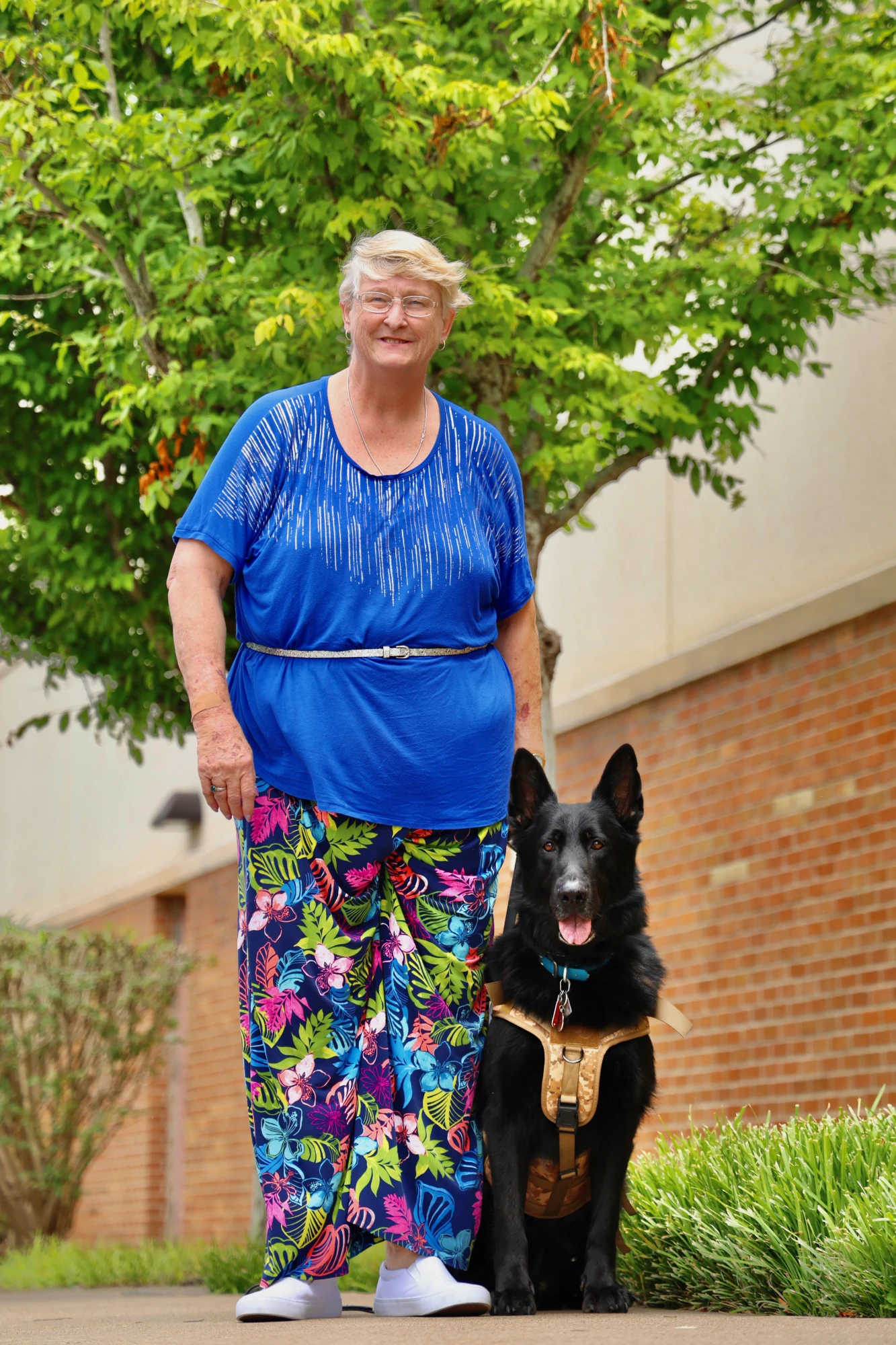
Every good story has adrenaline-filled action, heart-wrenching grief, and a spec...
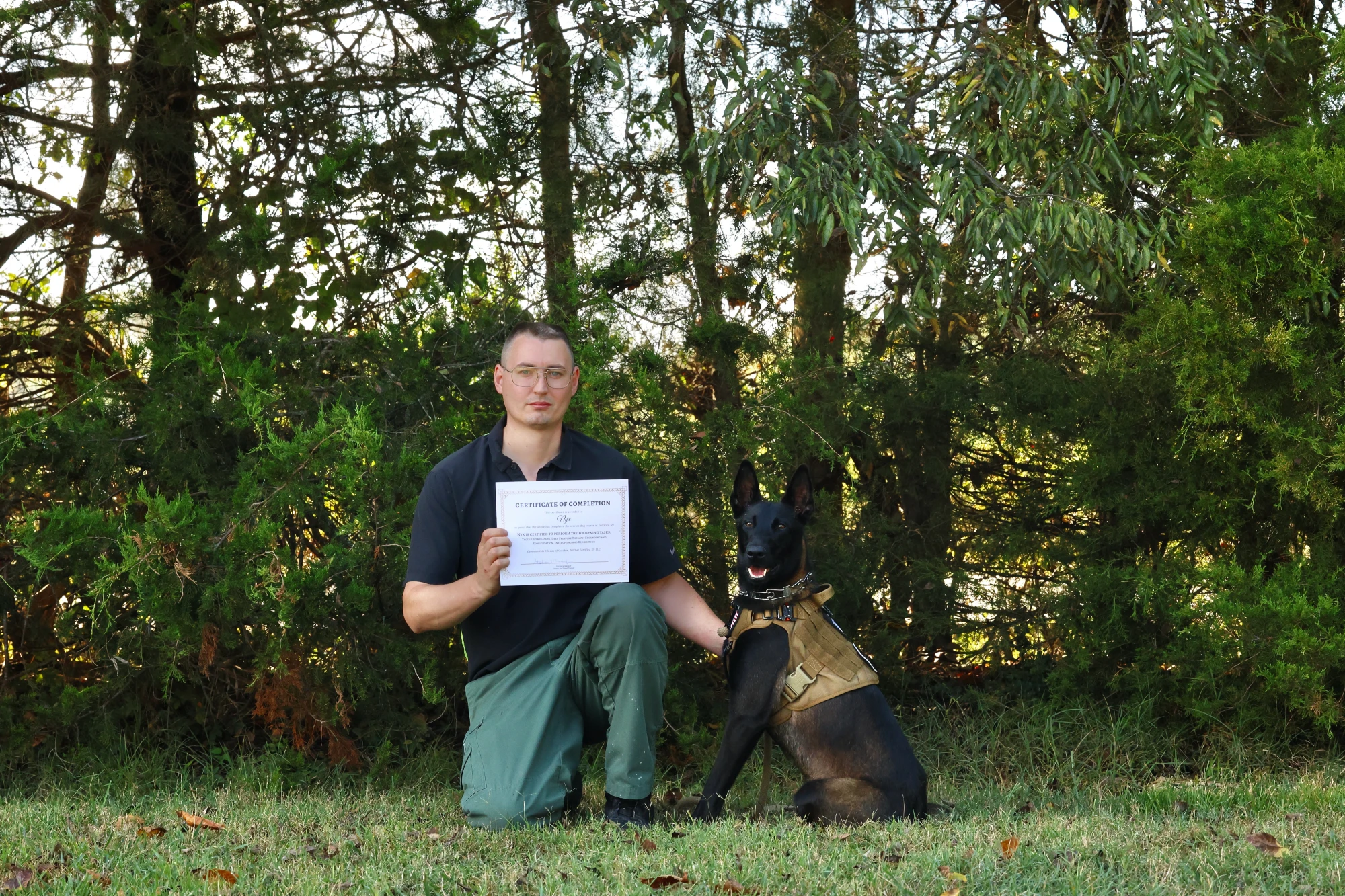
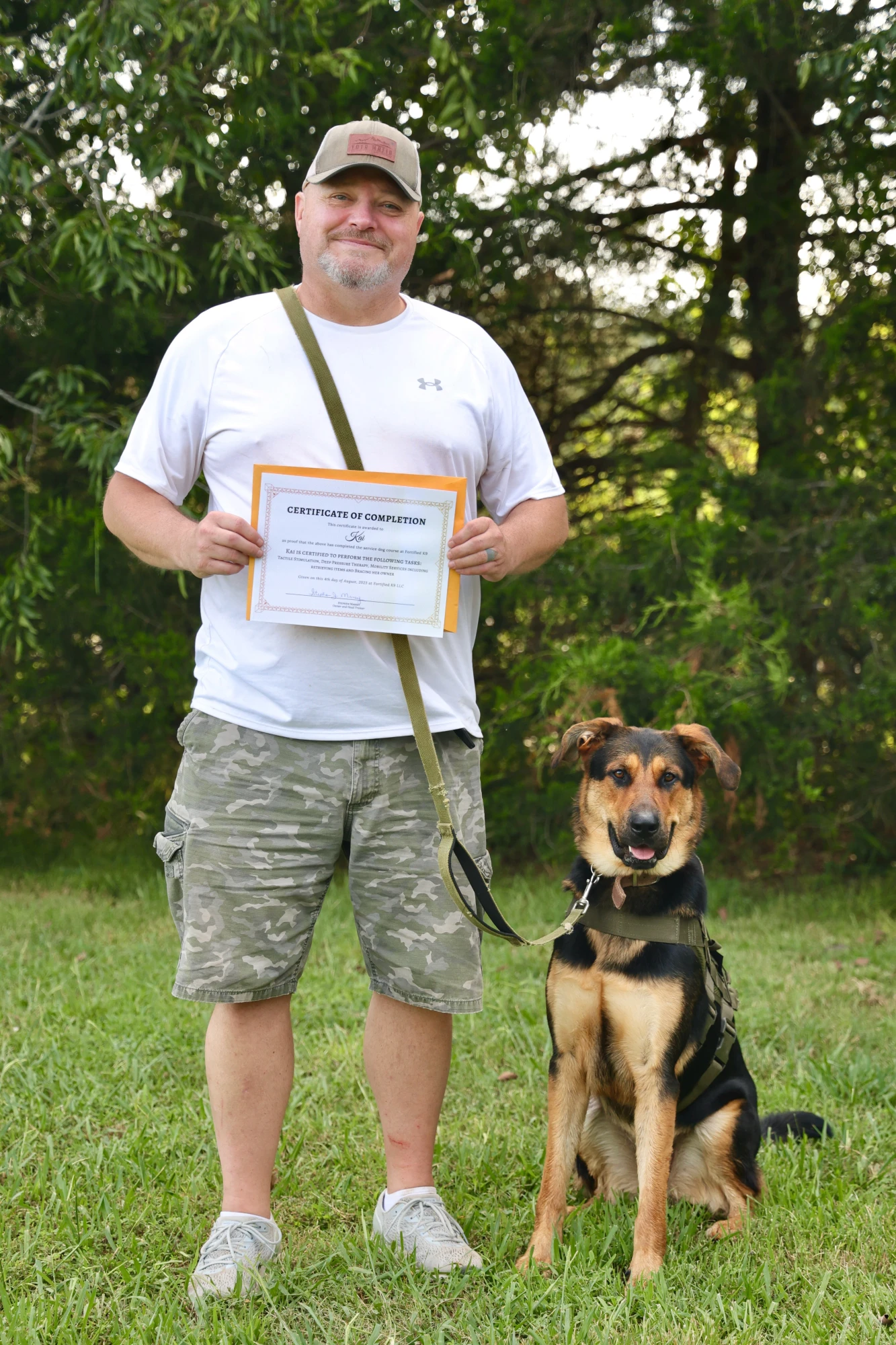
“You gotta do self-aid before you can do buddy aid; otherwise, you’ll be no good...
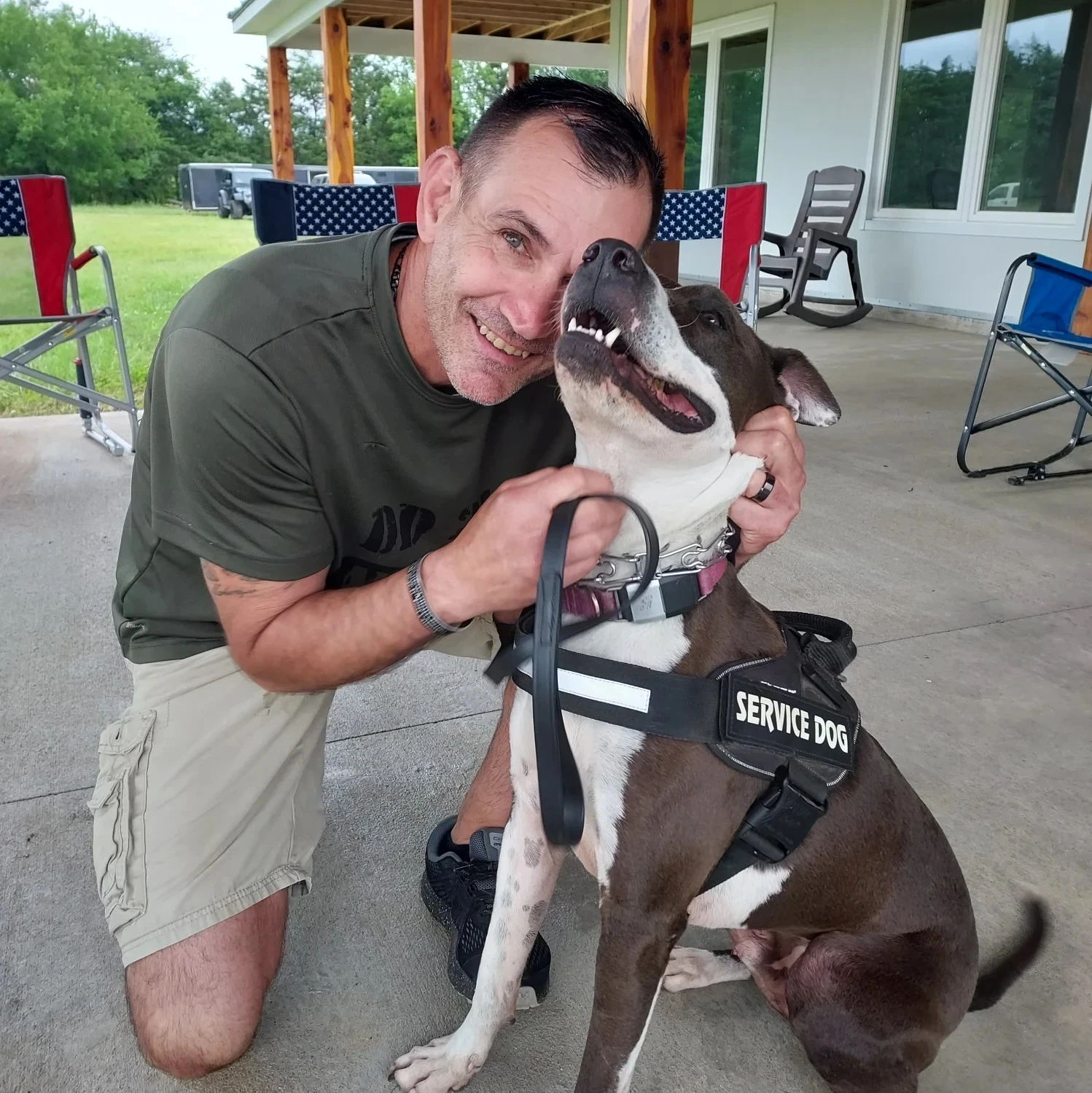
Both home and abroad, Kenny has intentionally had everyone else’s back, it’s abo...